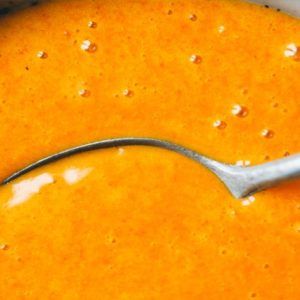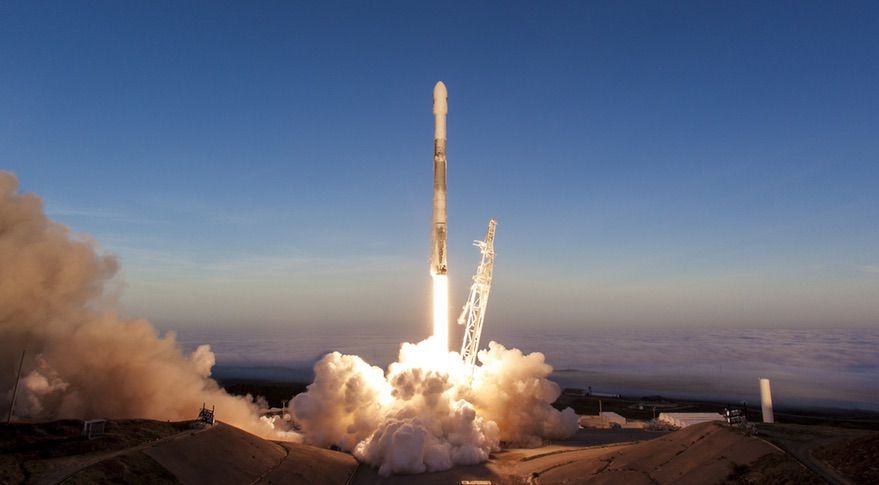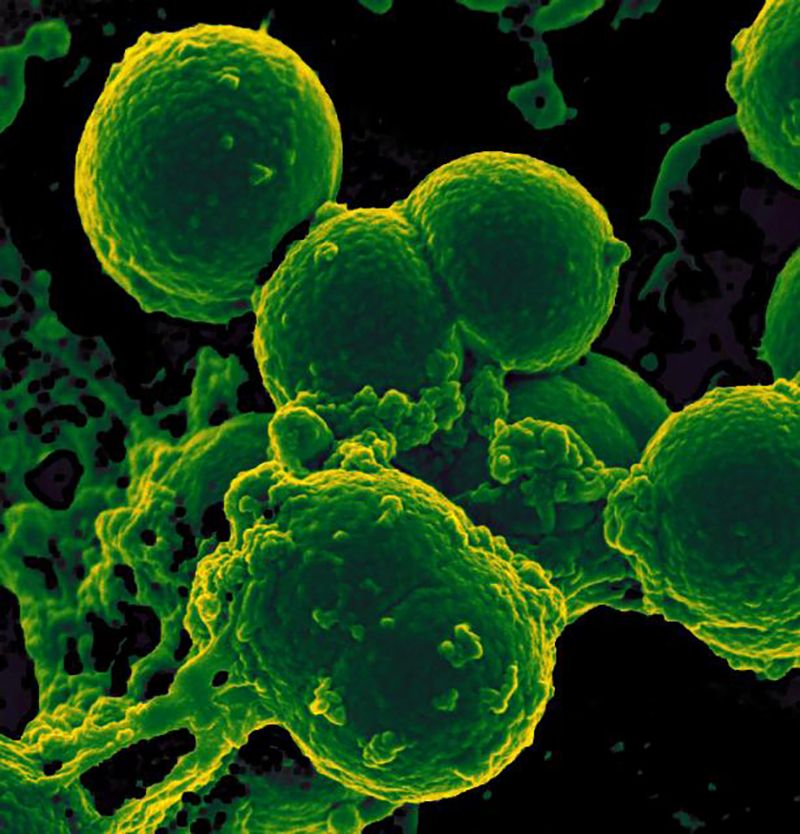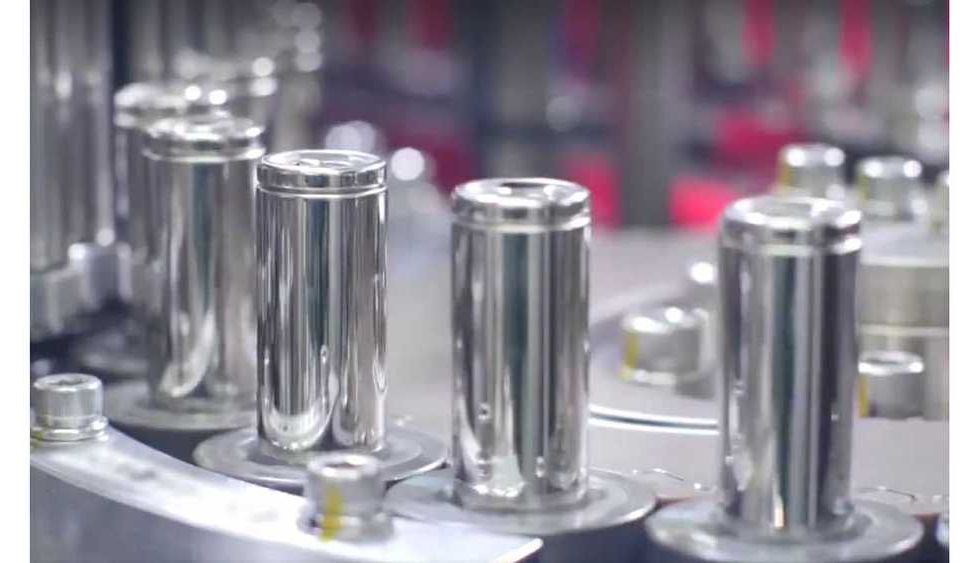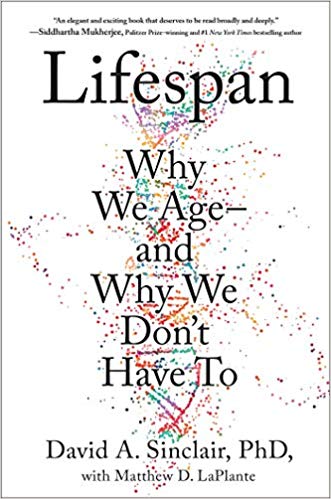The amazing properties and unique flavor of turmeric have been valued and used for centuries. This incredibly healthy deep-yellow spice offers a myriad of medicinal qualities, and is commonly used in the Chinese, Indian and Ayurvedic medicine. health, medicine, science, health, medicine, science, health, medicine, science, health, science.
People have used turmeric in the treatment of wounds and cuts, skin issues, muscle sprains, liver diseases, respiratory issues, and gastric issues, as well as digestive problems, inflammations, infections, and malignant tumors.
Its active ingredient, curcumin, provides powerful antimicrobial, anti-inflammatory, and antioxidant properties. Turmeric effectively fights inflammation in the body, osteoarthritis, gastritis, microbes, gastric and peptic ulcers, improves the function of the brain and treats Alzheimer’s disease, and helps in the case of countless other health issues. health, medicine, science, health, medicine, science, health, medicine, science, health, science.
